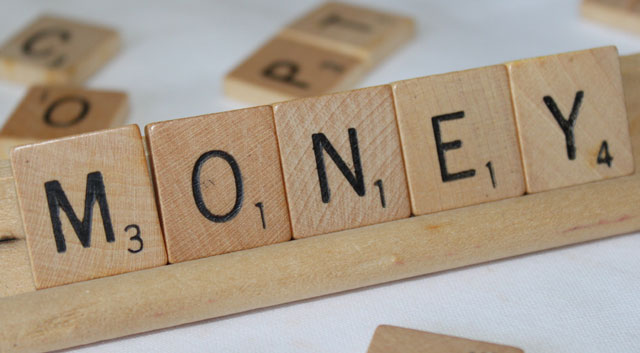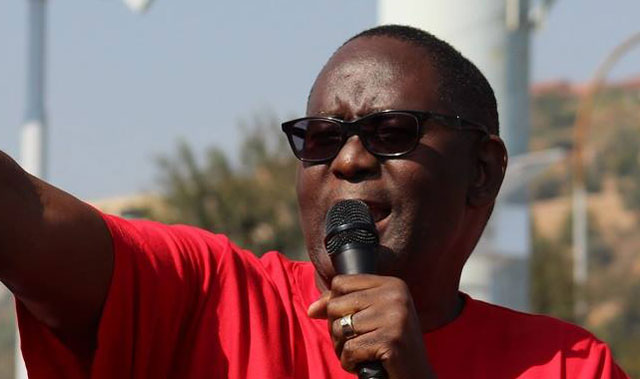
Telecommunications & postal services minister Siyabonga Cwele presented his budget vote speech last week and concealed among the details is a ticking time bomb that’s about to go off on mobile operators, broadcasters and Internet service providers.
Cwele announced he would “review the levy for the Universal Service & Access Fund (Usaf) … to align ourselves to the 1% charged by developing countries”.
The Electronic Communications Act of 2002 requires all licence holders to contribute 0,2% of their turnover to the Usaf.
The change is bound to have big implications for mobile operators in particular, whose revenues run into tens of billions of rand.
Telecoms operators are cautious about the minister’s proposal.
Vodacom spokesman Richard Boorman said the company was still studying it. Using Vodacom’s latest figures, TechCentral calculates that its payments into the Usaf will increase from about R125m to about R620m/year.
MTN chief corporate services officer Graham de Vries said only: “MTN takes note of the minister of telecommunications’ budget vote speech and is currently studying it. We hope to engage further with the ministry on this matter.”
Telkom spokesman Jacqui O’Sullivan said it would support a review of the regulatory framework governing the fund.
“We will work with the department … in their review process and will continue to contribute to the fund in support of its objectives,” she said.
“We will also be able to provide a more informed view of the impact of the proposed levy increase once we have clarity on the changes and have conducted an impact assessment.”
Cell C spokesman Karin Fourie said the operator would not support an increase in the contributions.
The intended beneficiary of the increase is the Universal Service & Access Agency (Usaasa), an agency with a chequered history.
The last few years has seen Usaasa enveloped in allegations of corruption involving both the boards and recent CEOs and other officials. Such has been the malaise that the national treasury decreased its funding from a high of R83,1m in the 2011/2012 financial year to R60,1m in the 2013/14 period.
The Special Investigating Unit is probing a host of allegations against Usaasa, including “serious maladministration in connection with the affairs of the agency and its board”.
In addition to providing telecoms infrastructure in underserviced parts of South Africa, Usaasa is tasked with managing the roll-out of government-subsidised set-top boxes for digital terrestrial television migration, a process that has also been mired in controversy.
The minister’s announcement is in keeping with the proposals of the ICT policy review report released in March this year. Legislation allows for the collection of monies via national treasury and for its distribution through the department.
However, the report recommends that the Usaf be transformed into the ICT Development Fund, which would “allow for the aggregation of new incremental state funding with private sector funding and donor funding”.
In addition, it proposes that Usaasa be dissolved with policy and regulatory functions distributed between the department of telecoms and communications regulator Icasa respectively. Importantly, it wants a new entity to collect and manage the funds.
Internet Service Providers’ Association regulatory advisor Dominic Cull said the concern for most licensees is the “opaque nature of the Usaf and the widely held perception that funds contributed to date have not been constructively applied or properly accounted for”.
He agreed with the need to reform both Usaasa and the Usaf in line with the policy review process and reiterated the need for “transparent funding” processes.

“An increase as proposed will ultimately increase the cost to communicate: in a sense it is an indirect tax on communications consumption and therefore must be rationally applied.”
Cull said the Minister’s statement “comes at a time where there remain questions as to how the broadband network deployment initiative announced by the president in his state-of-the-nation address will be funded”.
“It is to be welcomed that there is recognition that the use of Usaf monies to deploy networks should automatically result in such networks — whoever they may be deployed by — must operate on an open-access basis,” he said.
Electronic communications legal specialist Lisa Thornton said the proposed increase in contributions is not out of line with other countries.
She cited the example of Uganda and Nigeria, where licensees pay 1% of their turnover to a universal service fund.
Tanzania and Kenya only pay 0,3% and 0,5% respectively. However, licence holders in the US pay 4% of their turnover, with India paying 5% and Malaysia 6%, she said.
She said both Icasa and the minister have to follow fair administrative procedures in making sure that consultation with both beneficiaries and operators takes place.
“The question really is whether the need has been sufficiently evaluated,” Thornton said. — © 2015 NewsCentral Media




